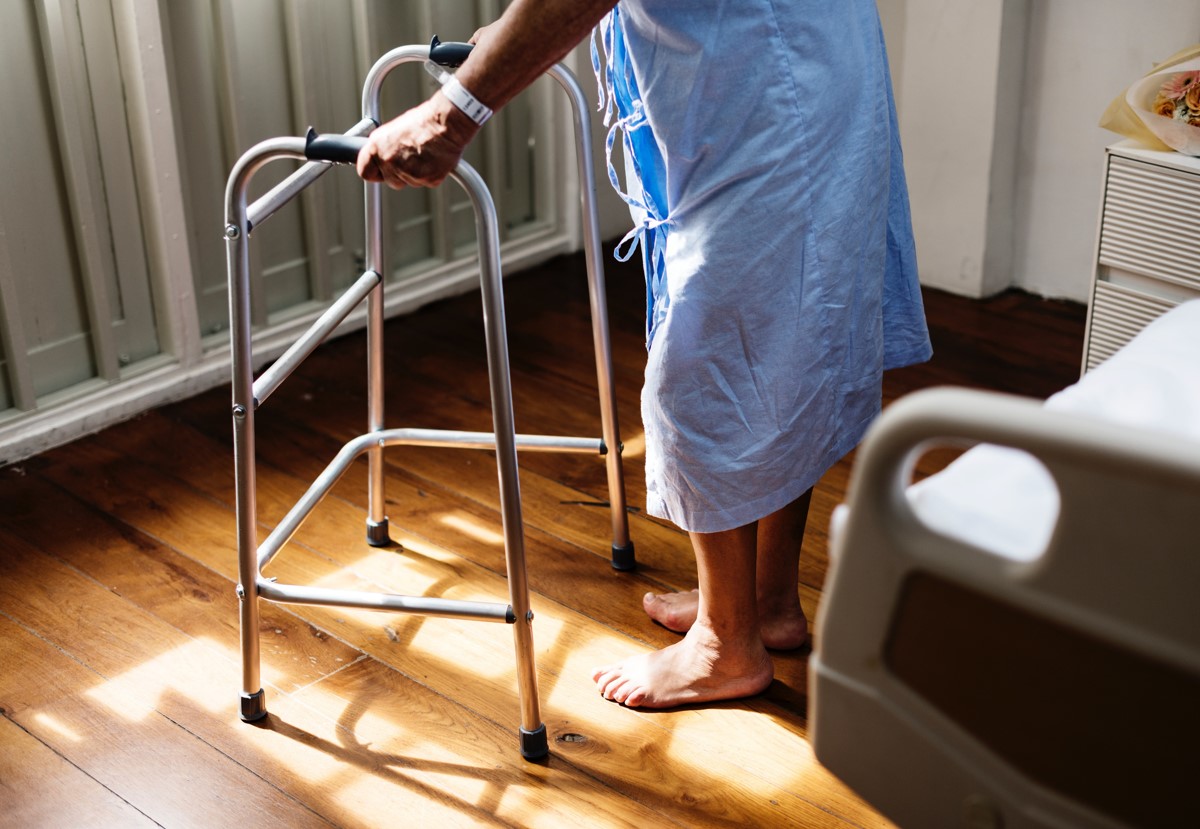How to Have a Hospital Stay Without Pain
by Dr. Anita Gupta
Too often patients feel like they’re in the passenger seat when entering the hospital. Even in the best of circumstances — such as planned admissions — patients often don’t feel in control of their own care.
One of the most unnecessary issues facing patients when they enter the hospital is untreated (or undertreated) pain. Often the focus of the medical team is to treat a condition, and controlling a patient’s pain comes second. Fortunately, this doesn’t need to be the situation. Here are a few tips for patients to ensure that their pain does not go overlooked:
1. Let someone know if you are in pain
This may seem obvious, but patients often hesitate to question their doctor. Pain control during your hospital stay is not a luxury, and you need to know you have a right to pain control during your stay. If you doctor or nurse is not answering your questions regarding pain, ask to see pain specialist who will likely address your concerns as well as the concerns of the doctors and nurses taking care of you. Unfortunately when it comes to treating pain, not all doctors are trained equally.
2. Have a family member or good friend to act as your advocate
Have this individual get involved in your medical care and act on your behalf during your hospitalization.
3. Search for the right hospital for your medical condition
People end up at hospitals for a variety of reasons, but which hospital you go to for your care can make all of the difference. There are several websites that rate hospitals including Hospital Compare, HealthGrades, US News and World Report, and Consumer Reports. Many of these sites allow you to compare hospitals on a variety of criteria, including death rates for a variety of conditions — from heart attacks to pneumonia to surgeries. Hospital Compare, a website provided by the Department of Health and Human Services, even allows you to see how patients felt about how their pain was treated during their stay.
4. Ask questions
Many people are afraid to question their nurses and doctors. Don’t be. If a medication looks new or different, ask what it is and what it is for. As long as you are polite and respectful, your request should be met with acceptance. If you don’t understand something, always question about it. Be assertive.
5. Keep a notebook during your hospital stay, and know your medications and allergies
Record your daily progress, pain levels, medication names and dosages, procedures, treatments, and the names and contact information of your medical team. This way you know what is working well for you pain. Also take notes on conversations with doctors and nurses. Carry the most up-to-date list of your allergies with you, along with another list that contains information on all medications you are taking and the dosages.
6. Meet with your doctors and nurses
Ask your loved one to join you during doctors’ rounds so he or she can also make a list and help you go through your checklist. It’s handy to have someone there to ask questions you may have forgotten. Have your notebook handy. Prepare questions ahead of time about your diagnosis, treatment and prognosis. Show appreciation to your primary nurse. The more good will you express to this professional, the more attention you will receive. More attention translates to the probability of fewer errors.
7. Avoid medical errors
In 1999, the Institute of Medicine estimated that between 44,000 and 98,000 Americans die each year in hospitals due to medical errors. Medication errors are among the most common medical errors, harming at least 1.5 million people every year. Write down your medications and dosages. List what the medication looks like, the shape and color of any pills, and the names on the labels of bottles or IV bags. Holidays, weekends, and nights have higher likelihood of medical errors, so ask your advocate to be with you as much as possible during these times to help avoid medical errors.
8. Once recovered, leave the hospital as soon as medically possible
While a hospital is the ideal place when you need lifesaving care, it can also create the perfect storm of risks to your health. Hospital-acquired infections, deadly blood clots, falls, and many other “complications” can result from your hospital stay. Every day that you stay in the hospital unnecessarily exposes you to these risks. Ask every person who comes in contact with you, including the physicians and nurses, to wash their hands or put on a fresh pair of disposable gloves before touching you.
Anita Gupta is an anesthesiologist.

